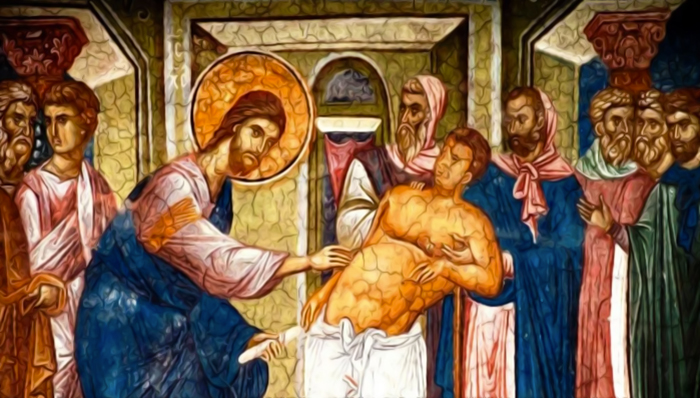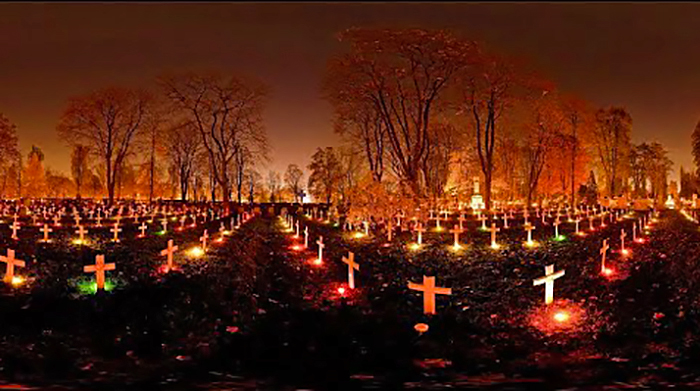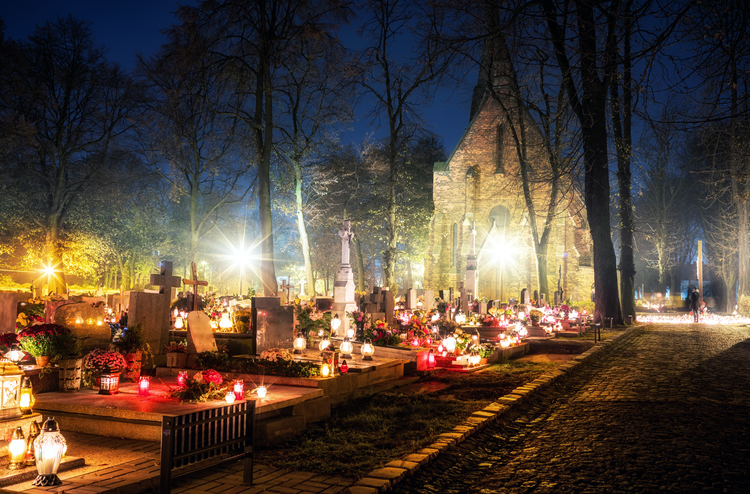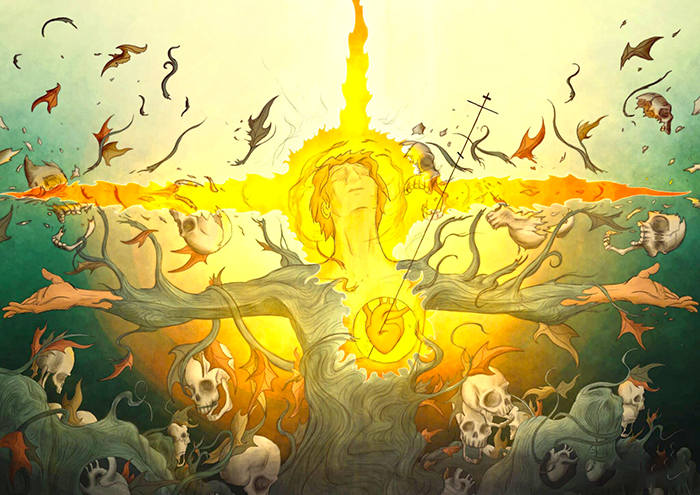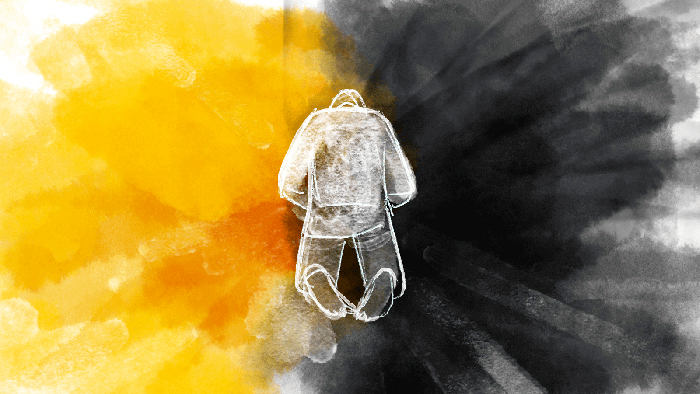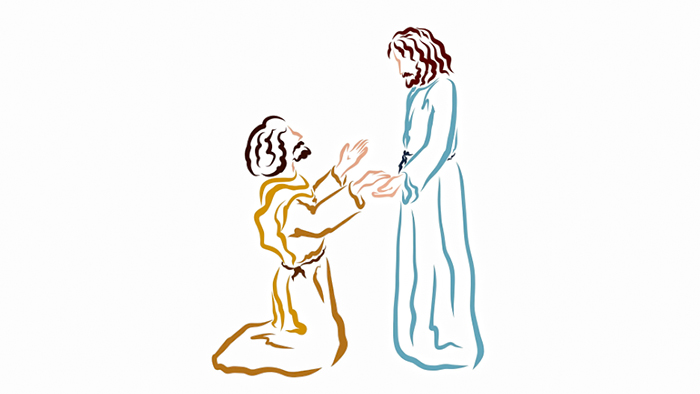
Humility is an attitude of lowliness and obedience grounded in recognizing one’s status before God. Humility is not something we can fake. God sees into the depths of our souls and knows the true intentions of our hearts. Sometimes, in this journey through life, we can become proud and arrogant for what we have accomplished, or we can become self-absorbed with the messages the world keeps feeding us about our importance. That creates behaviors of dismissiveness and hardness of heart that distance us from others and God. But in God’s compassion, he will often break us of this self-made pride so we may come to repentance and restoration with him and our fellow man in our humility and brokenness. In today’s culture, we can struggle mightily with humility, which is often associated with weakness, and the world keeps telling us we need to be “strong.” But we must accept the reality that this idea of humility is simply a mask for our need to control life. It takes more strength to acknowledge our need for God and others than it does to remain self-absorbed with ourselves. Remember, the most authentic expression of obedience was the submission of Jesus Christ to the Father. Christ was willing to become human for humanity’s sake. He gave up his freedom of self so that he could serve others. In a world run amok of narcissistic behavior, Jesus shows us what real strength is all about.

